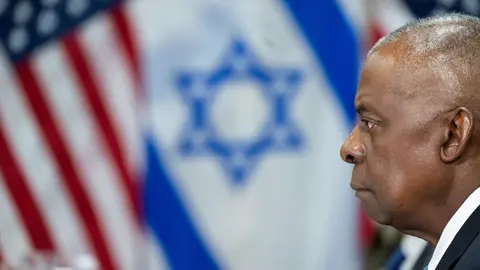How does Iran benefit from exporting ballistic missiles to Russia?
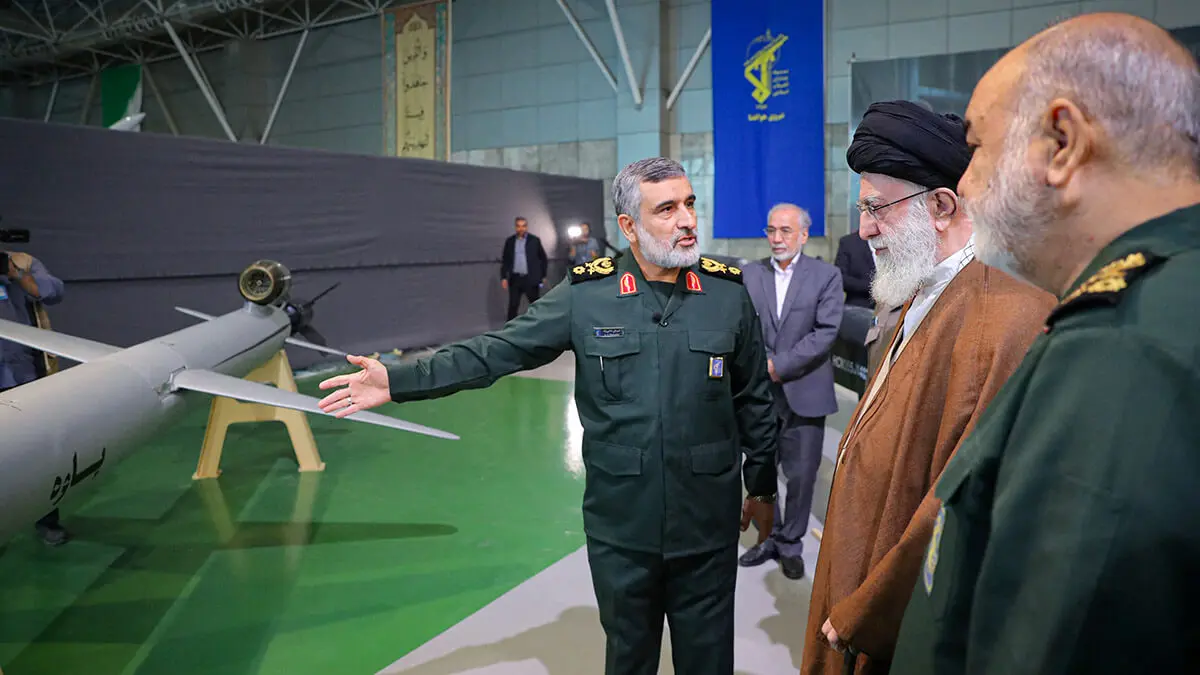
A new report says Iran is preparing to export Fateh-360 and Ababil short-range ballistic missiles to Russia and has begun training Russian personnel to use the ballistic missiles.
There have been several reports since Russia launched its all-out invasion of Ukraine in February 2022 alleging that Iran is preparing to sell or has already supplied ballistic missiles to Russia. Neither US nor Ukrainian officials have confirmed any of the reports, while Iran continues to deny arming or planning to arm Russia.
Analysts speaking to Radio Free Europe were unsure about the latest report, but added that, if confirmed, it would provide a great boon to Russia's war efforts and would have both benefits and risks for Iran. Russia's use of North Korean ballistic missiles briefly alleviated fears that Moscow would turn to Iran to replenish its stockpile.
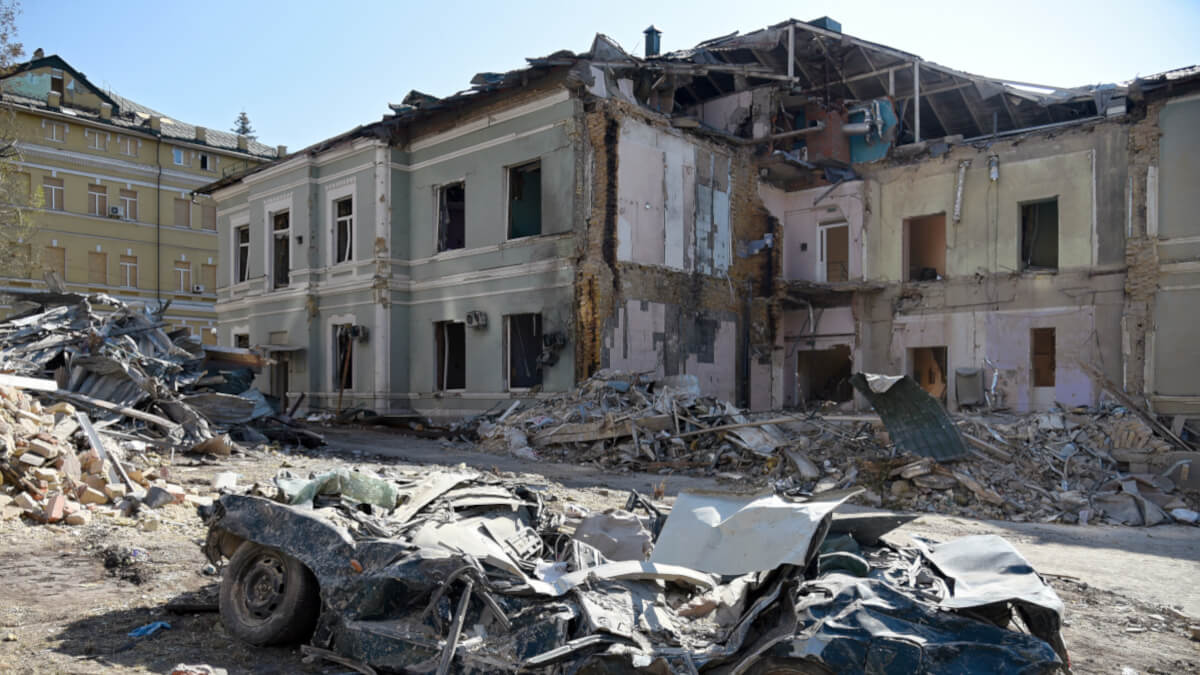
However, ‘intense battlefield demands may have exceeded North Korea's supply capabilities,’ said Nicole Grajewski, a fellow at the Carnegie Endowment for International Peace. A visit to Tehran on 6 August by Russian Security Council Secretary Sergei Shoigu, who previously served as the country's defence minister, fuelled suspicions that Moscow was trying to obtain Iranian ballistic missiles.
Grajewski added that Moscow might try to acquire Iranian ballistic missiles as a strategy to ‘reduce its dependence on North Korea’, which would allow Russia to confront Pyongyang and Tehran, ‘which could maximise its strategic benefits’.
Since the early months of the Ukrainian war, Russia has been suspected of using Iranian-made Shahed and Mohajer-6 drones, many of which were found after being shot down in Ukrainian cities and battlefields. Iran initially denied arming Russia before backtracking and admitting that it had supplied Moscow with ‘a limited number of drones’ before the war.
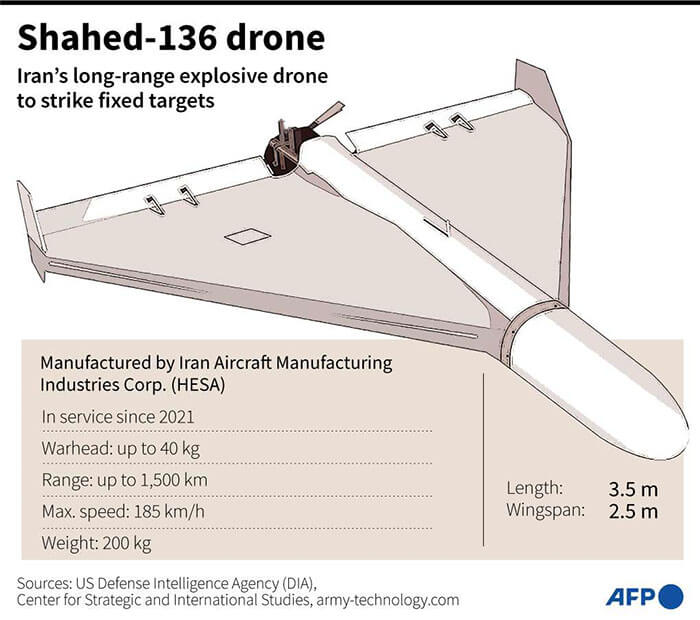
Despite overwhelming evidence to the contrary, Tehran continues to deny that Russia used its drones against Ukraine. But this did not stop the US and the EU from imposing sanctions on Iran for aiding Moscow. Iranian drones ‘have a comparative advantage over Russian aircraft in terms of technology, manufacturing and operational use,’ Grajewski said. But with ballistic missiles ‘it's about quantity, not quality’.
Beyond the reputational boost that would come from supplying ballistic missiles to Russia, Iran would also gain significant knowledge about how the Fateh-360 and Ababil would perform in battle. In addition, Grajewski said, ‘Operational use and any Russian modifications would help Iran in some areas where its missiles tend to be deficient’.
Earlier reports indicated that Russia was monitoring Iran's Fateh-110 and Zulfiqar short-range ballistic missiles. But Behnam Ben Taleblou, a fellow at the Washington-based Foundation for Defense of Democracies, said exporting these missiles to Russia would put Iran in violation of the Missile Technology Control Regime's range and payload limits.
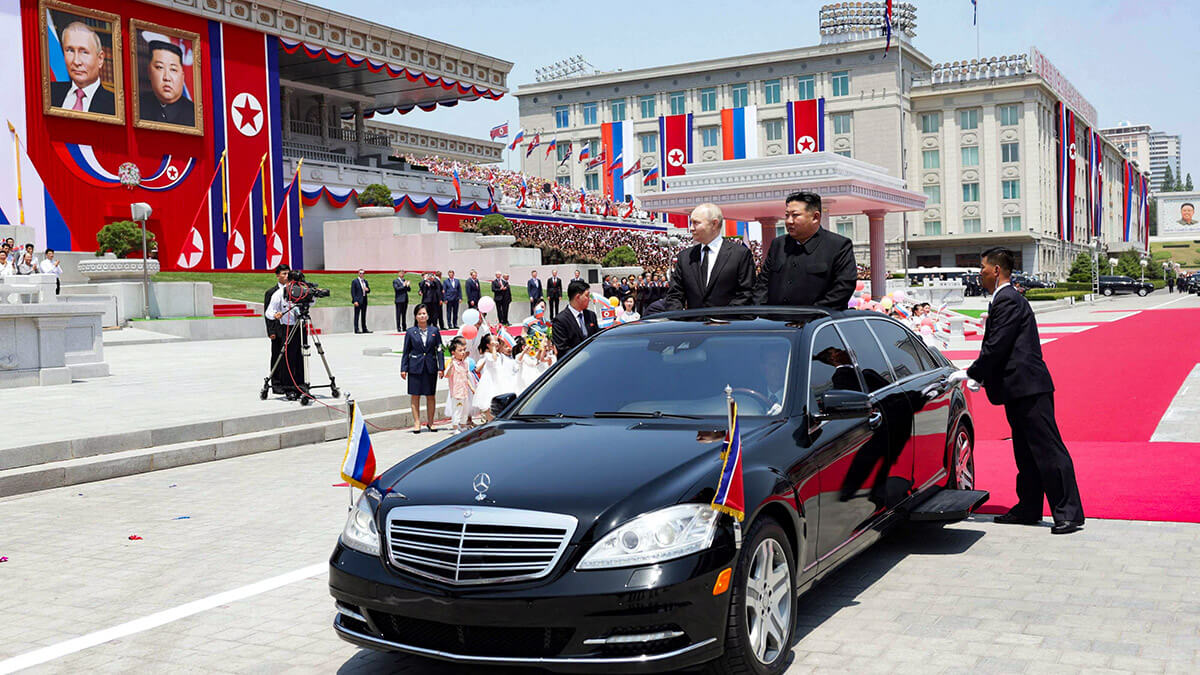
However, the Fateh-360 and Ababil are below the 300 km and 500 kg thresholds set by the Missile Technology Control Regime. ‘This does not mean that short-range ballistic missiles should be ignored, however, because they help Russia preserve the long-range strike assets it produces domestically and are further signs of deepening Russian-Iranian relations,’ adds Ben Taleblou.
Violating the missile technology control regime would anger Western countries if Iran ends up supplying Russia with ballistic missiles. UN restrictions on Iran's missile imports and exports expired in October 2023, but the United States, the E3 (Britain, France and Germany), as well as the European Union in general, extended ballistic missile sanctions against Iran.
‘The E3 was firm in its warnings to Iran,’ Grajewski said. ‘The supply of Iranian ballistic missiles by Russia would complicate any solution to the Iranian nuclear programme.’ Talks on reinstating the Nuclear Deal have failed and it is set to expire in October 2025, so Iran may seek to strengthen its relations with Russia if the prospects of reviving it disappear.
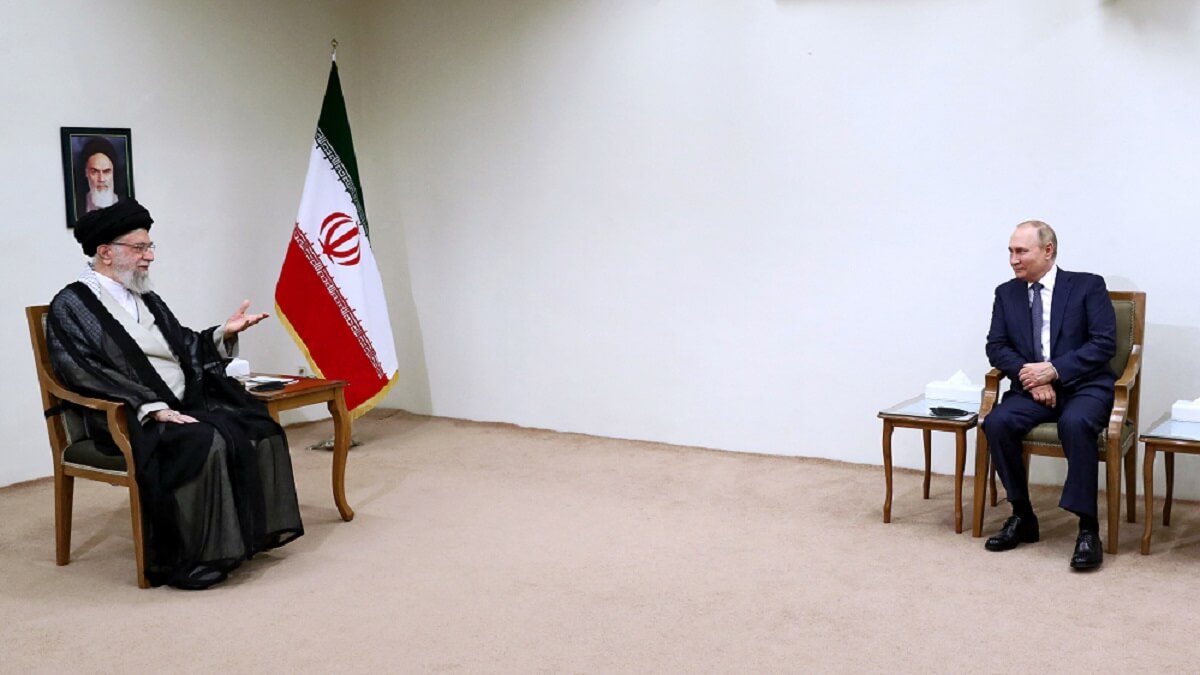
Iran took part in Russia's annual military exhibition, held in Moscow from 12-14 August, and displayed some of its latest military technologies, including the Mohajer-10 drone, an updated version of the Mohajer-6 that Russia used in Ukraine. But Grajewski confirms that the highlight was the presence of Brigadier General Ali Shadmani, deputy commander of the Khatam al-Anbia Central Headquarters responsible for operational command and control of the Iranian Armed Forces in Moscow.
Taleblou said Iran had received a variety of items to arm Russia with drones, including cash and gold, and stressed that ‘these vectors of cooperation are likely to deepen’. He added: ‘Iran is determined to move from junior partner status to Russia, and this is one of the reasons why arms cooperation between the two countries in relation to Ukraine is unlikely to split’.


